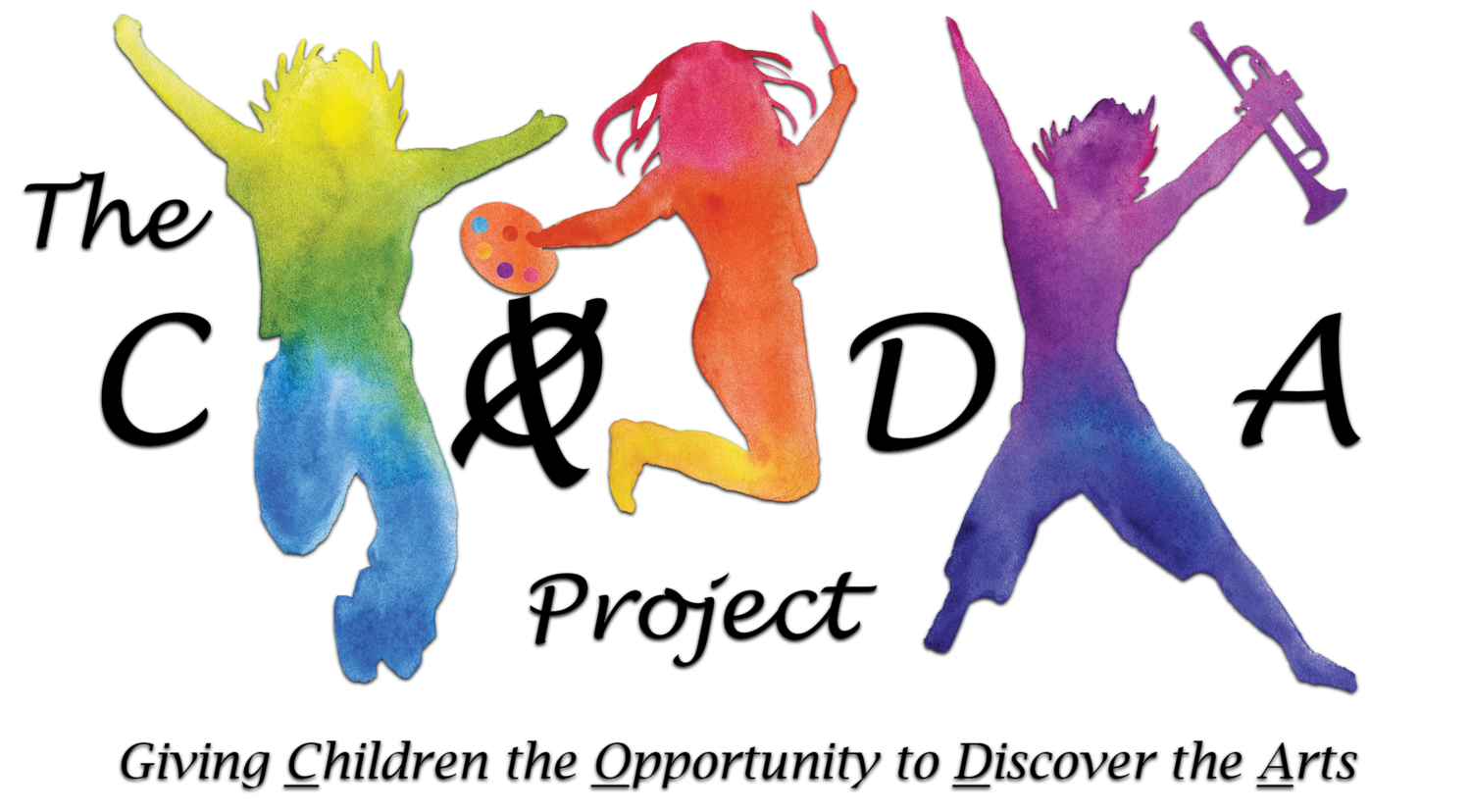Why the CODA project?
By supporting the CODA project you are supporting leaders of tomorrow. Students participating will have access to the wide benefits of a musical education including:
1. Close the gap: Research like The Harmony Project continues to show music education helps close the achievement gap between low income children and children from more affluent households.
2. Brain power and development: Music stimulates the parts of the brain associated with academic achievement, such as reading and math, and emotional development. Immersing children in music can help boost their brain power. What’s more, children’s brains develop faster with music, particularly in areas associated with language acquisition and reading skills, according to a 2016 study at the University of Southern California’s Brain and Creativity Institute.
3. Academic benefits: Students involved in the arts have tremendous academic benefits compared to students without exposure to the arts. According to Americans for the Arts, a student involved in the arts is: • 4x more likely to be recognized for academic achievement. • 4x more likely to participate in a math or science fair. • 3x more likely to win an award for school attendance. • 3x more likely to be elected to class office. Lower income or socioeconomic students experience even greater benefits from the arts. Low income students highly engaged in the arts are more than twice as likely to graduate compared to their peers with no arts education, and have a 5x lower dropout rate.
4. Build confidence: As kids develop skills in art and music, and improve those skills through repetition and practice, they build confidence in themselves. Studies have shown that when children participate in arts activities with peers and provide criticism and praise to one another, the feedback they give to each other builds self respect.
5. Enhance Creativity and Innovation for Life: 72% of employers say that creativity is the #1 skill they look for when hiring. Enhanced creativity extends to lifelong benefits and opens the door for long term success.
6. Support cultural competency: Immersion in music fosters a cultural awareness in kids. Seeing a different culture explored through a visual medium such as music helps kids process information differently than reading about it in a text book. Learning about musical history and exploring different types of music can help kids connect with different cultures. Art and music help people feel more connected to one another, as well.
